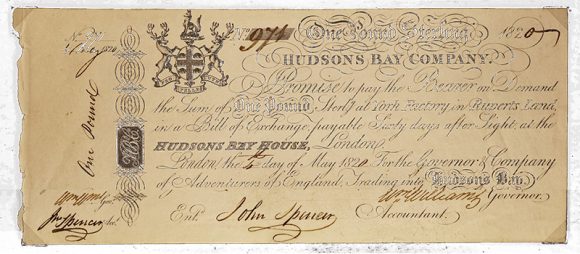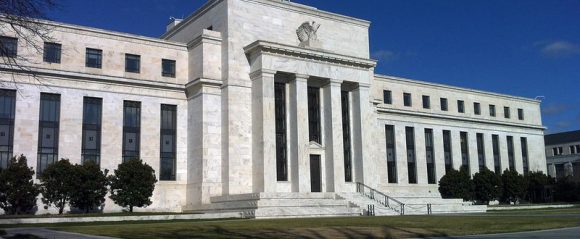
Two interesting infographics from The Visual Capitalist. The first showing the distribution of GDP around the world and the second, the size of the global middle class both now and where it’s headed by 2030. Do remember that GDP is a flawed index, but ignoring that, what pops out to me on this graphic is just how insignificant the oil wealth of the Middle East is in comparison to North...


















